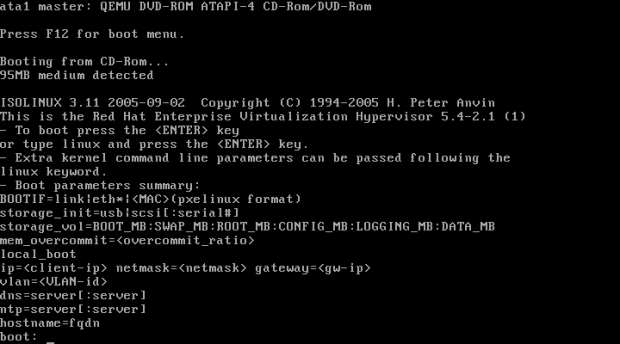Linux booting is a complex process as compared to booting processes in any other distribution. The Linux Kernel accepts a lot of parameters at booting, in command-line. This command-Line boot time parameter passes several kind of information to Linux Kernel at System Startup.
- GNU GRUB (GNU GRand Unified Bootloader)
- LILO (LInux LOader)
GNU GRUB is a boot-loader package from the GNU project which is capable of booting one of the multiple kernel or any specific kernel configuration on Unix and Linux System.
LILO has the capability to boot various kernels and store their configuration in plain text file. LILO is capable of booting Windows, Unix, BSD, Linux and all other known platform with various options.
The Linux Kernel boot arguments are passed into a list of strings separated with white spaces. The conventional approach to pass boot arguments to kernel is in the form of:
Where ‘name=unique keyword‘ it defines the part of kernel where the value is to be associated. The value it can hold is 10, maximum. The present code only handles 10 comma separated parameters per keywords.
▬▬▬▬▬▬▬▬▬▬▬▬▬▬▬▬▬▬▬▬▬▬▬▬▬▬▬▬▬
► Read more: http://adf.ly/1nBVMI
▬▬▬▬▬▬▬▬▬▬▬▬▬▬▬▬▬▬▬▬▬▬▬▬▬▬▬▬▬

No comments:
Post a Comment